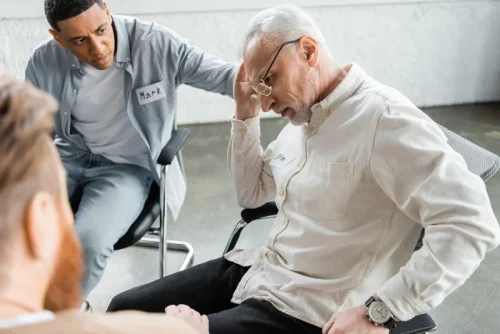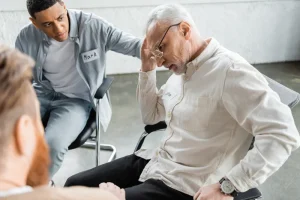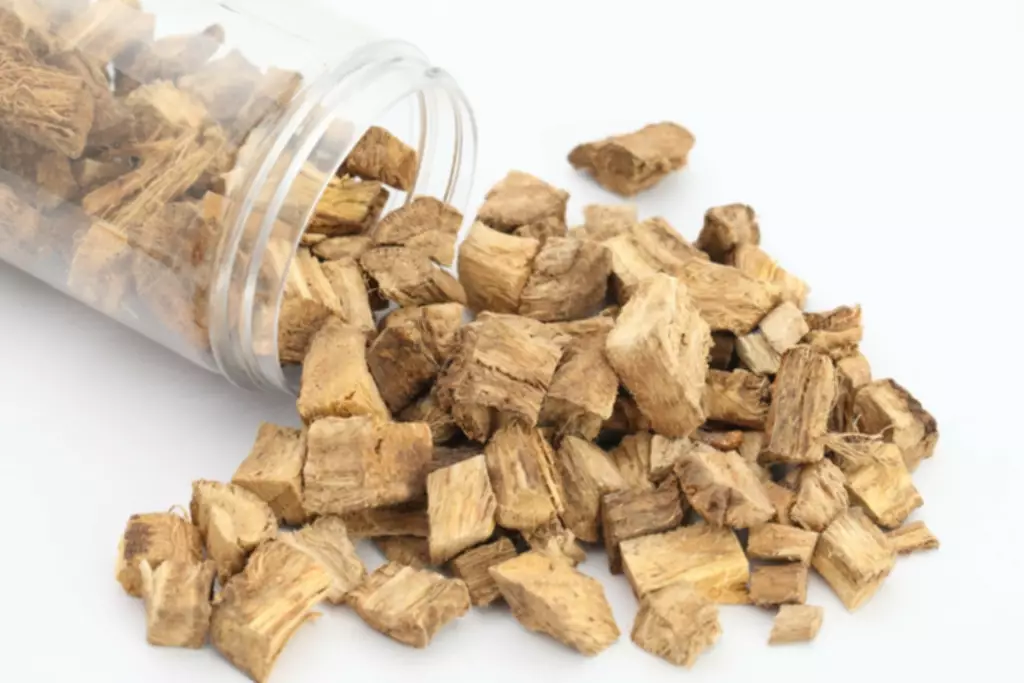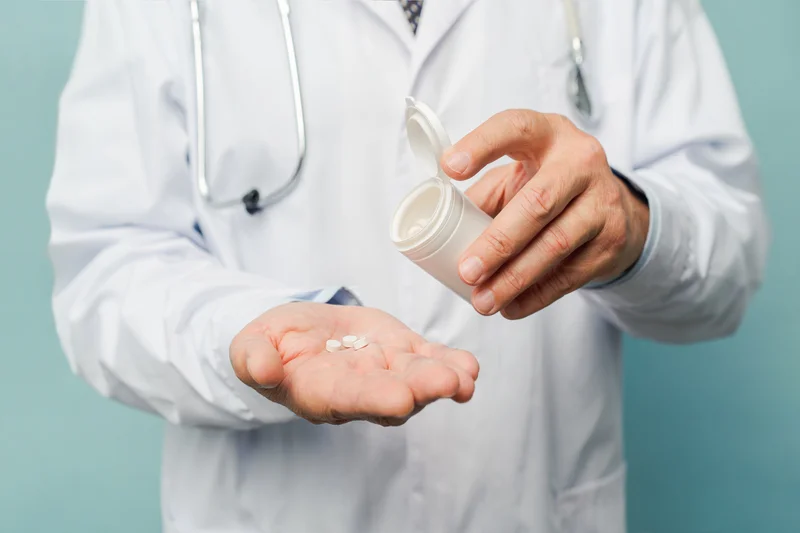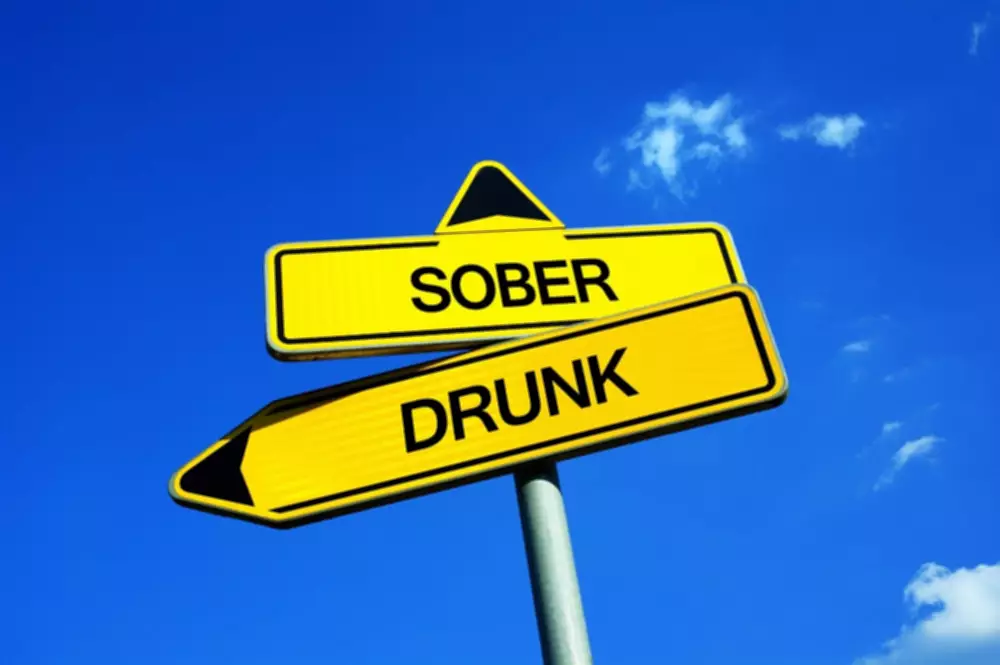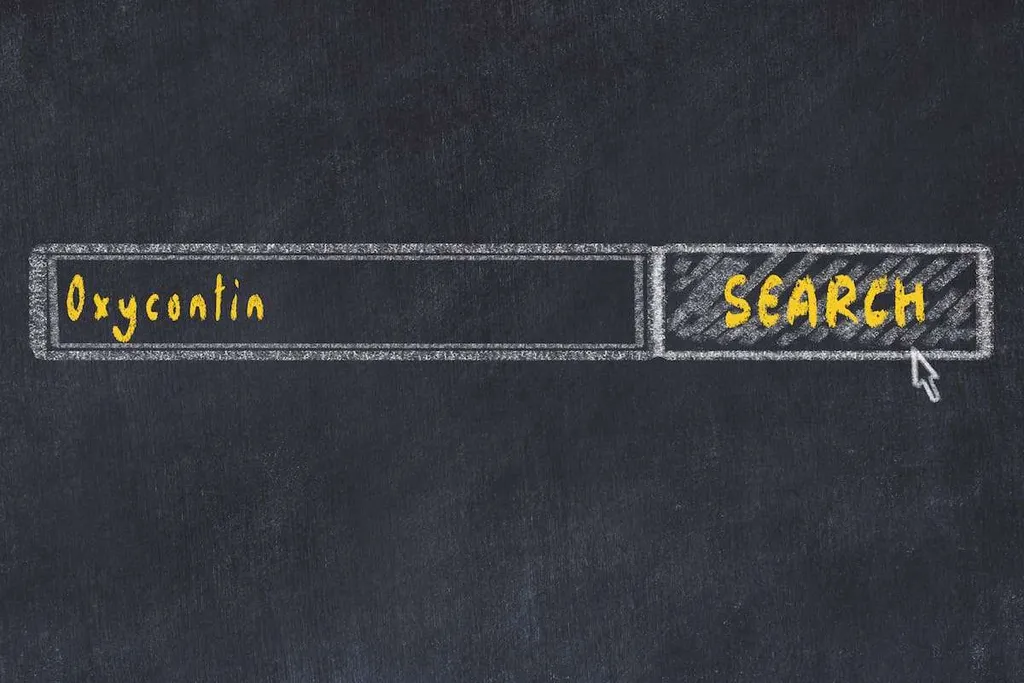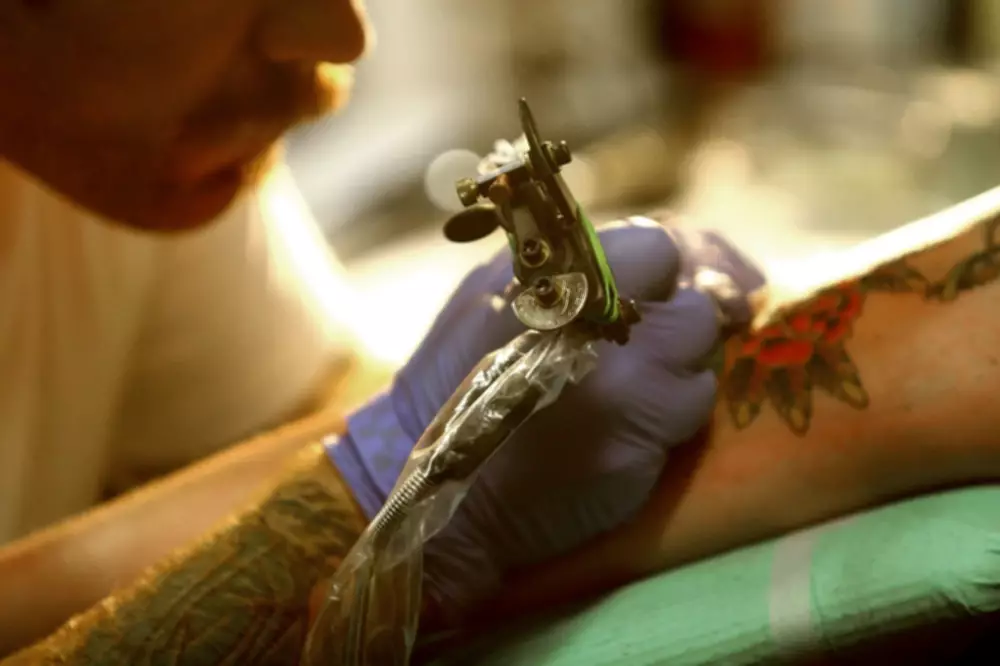CBD can change how your body experiences pain and reacts to inflammation. But CBD is not psychoactive, so it doesn’t give a feeling of being “high.” A truly CBD-only product should not trigger a positive drug test for marijuana. If you’re struggling with addiction, know that many resources are available.
Cannabidiol and Addictive Behaviors
They found that CBD inhibited the decrease of the ICSS threshold by morphine is cannabidiol addictive and thus its reward-facilitating effect, without influencing motor function. Moreover, the 5-HT1A receptor antagonist reversed CBD’s impact on the reward-facilitating effect of morphine. In past years, several researchers have studied the effects of CBD on physical and mental health, and a growing number have focused on the effects of CBD on addiction. The main objective of this review is to systematically examine the existing preclinical and clinical evidence on the effects of CBD on addictive behaviors.
If you or someone you know is struggling with a behavioral addiction, please seek help. Behavioral addictions are compulsive behaviors that can be as damaging as chemical dependencies. Gambling, sex, and food are a few of the most common types of behavioral addictions. Many theories about what causes addiction, but the answer is still not completely understood.
Is CBD considered a drug?
Scientific investigations have consistently shown that cannabidiol lacks addictive properties. This means users don’t need to continually increase their dose to experience the same effects. Join us as we explore the science behind cannabidiol and shed light on whether it’s a remedy without repercussions or harbors any addictive traits. Let’s embark on a journey to understand the nature of CBD, its interaction with the body, and dispel myths surrounding its addictive potential. CBD products may also contain higher levels of THC than stated on the label. The National Center for Complementary and Integrative Health cautions that CBD may be harmful to some people.
CBD from Marijuana
Also, it covers all the mechanisms proposed to mediate the CBD actions on drug addiction. After a careful review of articles, seven of those were excluded because their outcomes did not fit the purpose of this review or because they were duplicated (Supplementary Table 2 provides description of the excluded studies). Of the preclinical studies, five dealt with opioid, one with psychostimulant, one with opioid and psychostimulant, and two with cannabis addiction. Of the studies involving humans, three were related to cannabis, one to tobacco, and one to alcohol addiction (Supplementary Table 3 contains a detailed description of each study). In one clinical study, CBD’s impact on alcohol intoxication was investigated in ten healthy volunteers, who were administered either placebo, 1 g/kg of alcohol, 200 mg of CBD, or both alcohol and CBD in a double-blind, cross-over design. Compared to placebo, the participants recieved alcohol and CBD and those consumed alcohol alone suffered significant impairments of motor and psychomotor performance and conveyed significant overestimations of time.
- For example, CBD affects on hormones (Bergamaschi et al., 2011; Iffland and Grotenhermen, 2017).
- The information with CBD alone is still insufficient due to the small number of patients in the studies that were carried out to date.
- Critical Cure is an Indica-dominant cannabis strain that has a lovely balance of CBD and THC percentages at around eight percent each.
How to Lose Weight Safely
- It should be emphasized that all data regarding CBD treatment in marijuana abuse has been collected from controlled clinical trial studies.
- Unlike THC, CBD is a negative allosteric modulator of cannabinoid type 1 (CB1R) and 2 (CB2R) receptors (Laprairie et al., 2015; Martínez-Pinilla et al., 2017) (Fig. 1).
- It encourages individuals to make informed decisions, highlighting the importance of choosing high-quality products, consulting with healthcare professionals, and starting with conservative dosages.
- In clinical trials for Epidiolex, many research participants reported relatively mild side effects, such as fatigue and digestive issues.
Data on its effect during the withdrawal phase remain conflicting and vary based on co-administration of other cannabinoids such as THC. CBD could also have some neuroprotective properties and has been shown to slow some degeneration of neurons. CBD works as a natural pain suppressant and increases the activity of serotonin receptors in the brain. This increased activity positively affects pain, reduces anxiety disorders, stress, depression, sleep disorders, and obesity, among other things.
Individuals seeking to use cannabis, in general, for opioid addiction should proceed cautiously as with any pharmaceutical drugs. This study showed that CBD, compared to placebo, helped decrease the cue-induced craving and anxiety of individuals with heroin use disorder. Many people with opioid use disorders seek alternative treatments to curb cravings and reduce stress and are reluctant to try agonist treatments such as methadone or suboxone. CBD is a “phytocannabinoid” found naturally in cannabis plants (again, both hemp and marijuana). When cannabinoids are consumed, they interact with the body’s endocannabinoid system to produce a range of effects.
A 2021 study found that CBD helped improve anxiety for people with moderate to severe disorders, but it made people with mild anxiety more anxious. CBD acts on your endocannabinoid system, which plays an important role in many different body and brain functions, such as emotional processing, learning and memory, immune response, hunger, and sleep. To keep things simple, we’ll define addiction as someone becoming reliant on something, and its use impacts their daily life in more than one negative way. That reliance could be physical or emotional, with both being valid situations. There are a variety of different types of addictions, with some people becoming addicted to substances and other people experiencing process addictions. Speaking with your doctor is important when adding something to your health and wellness routine.
This study also revealed the added health benefits of CBD such as a reduction in heart rate, and anxiety. This happens because CBD has the ability to interact with your stress hormone. The U.S. Food and Drug Administration (FDA) warns that CBD may cause liver damage. In clinical trials on Epidiolex, a CBD-derived prescription medication used to treat seizures, was linked to an increased risk for high liver enzymes, a sign of liver damage.
About
- Web |
- More Posts(31559)






